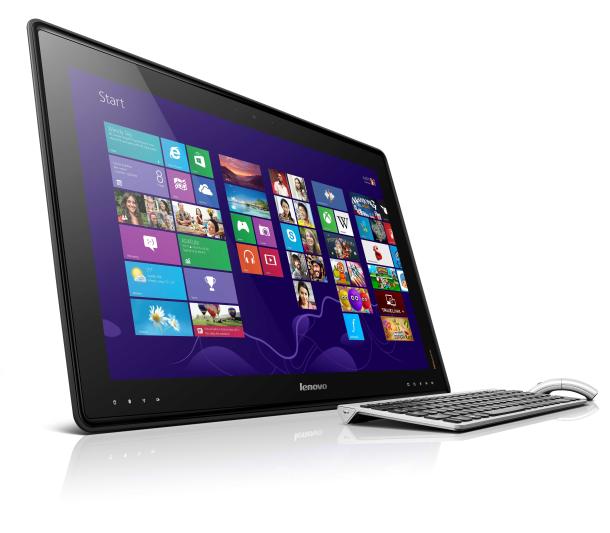PCs Are Not Dead Yet, But Could Soon See Significant Change
January 29, 2013
The era of smartphones and tablets has not killed the personal computer, but has significantly impacted the PC industry. Desktops and notebooks no longer serve as the only devices on which people work, and expectations have shifted with advances in technology. Consumers no longer demand the highest power out of computers (since they are powerful enough to do most tasks already), but rather stress the importance of factors such as battery life.
“The shift from PCs to post-PC devices is a lot more than just replacing desktops and notebooks with smartphones and tablets; it’s a shift in how we interact with technology,” suggests ZDNet. “This will have a significant effect on how the PC evolves over the coming years.”
 PCs have gotten smaller and lighter not only because of improvements in chip size and technology, but also because people now have lower demands for hard drive storage. Many people now favor cloud storage not only because of cheap storage options, but also because it allows people to synch multiple devices easily.
PCs have gotten smaller and lighter not only because of improvements in chip size and technology, but also because people now have lower demands for hard drive storage. Many people now favor cloud storage not only because of cheap storage options, but also because it allows people to synch multiple devices easily.
Companies have made modern PCs smaller to appease the market, but also because new technologies have allowed for the elimination of large components. Older computers needed areas of open space to prevent the CPU or GPU from overheating. Modern PCs can avoid this issue and make smaller, more compact devices.
One side effect of more compact devices is that while people used to be able to upgrade and customize PCs, most new devices come with CPU, GPU and RAM soldered to the motherboard, making it much harder to customize devices. As PCs become more compact and less complex, the ability to game will dwindle. Mass markets prefer small and simple, so gamers may need to find new solutions.
The article suggests the PC of the post-PC era will be characterized by the following features: small, quiet, power efficient, rely on wireless for connectivity and cloud for storage, not user upgradable, cheap, disposable. “While the PC isn’t dead, the PC as we know it doesn’t have long left before it is replaced by something that is very different to the PC that we know and love,” concludes ZDNet.

No Comments Yet
You can be the first to comment!
Sorry, comments for this entry are closed at this time.